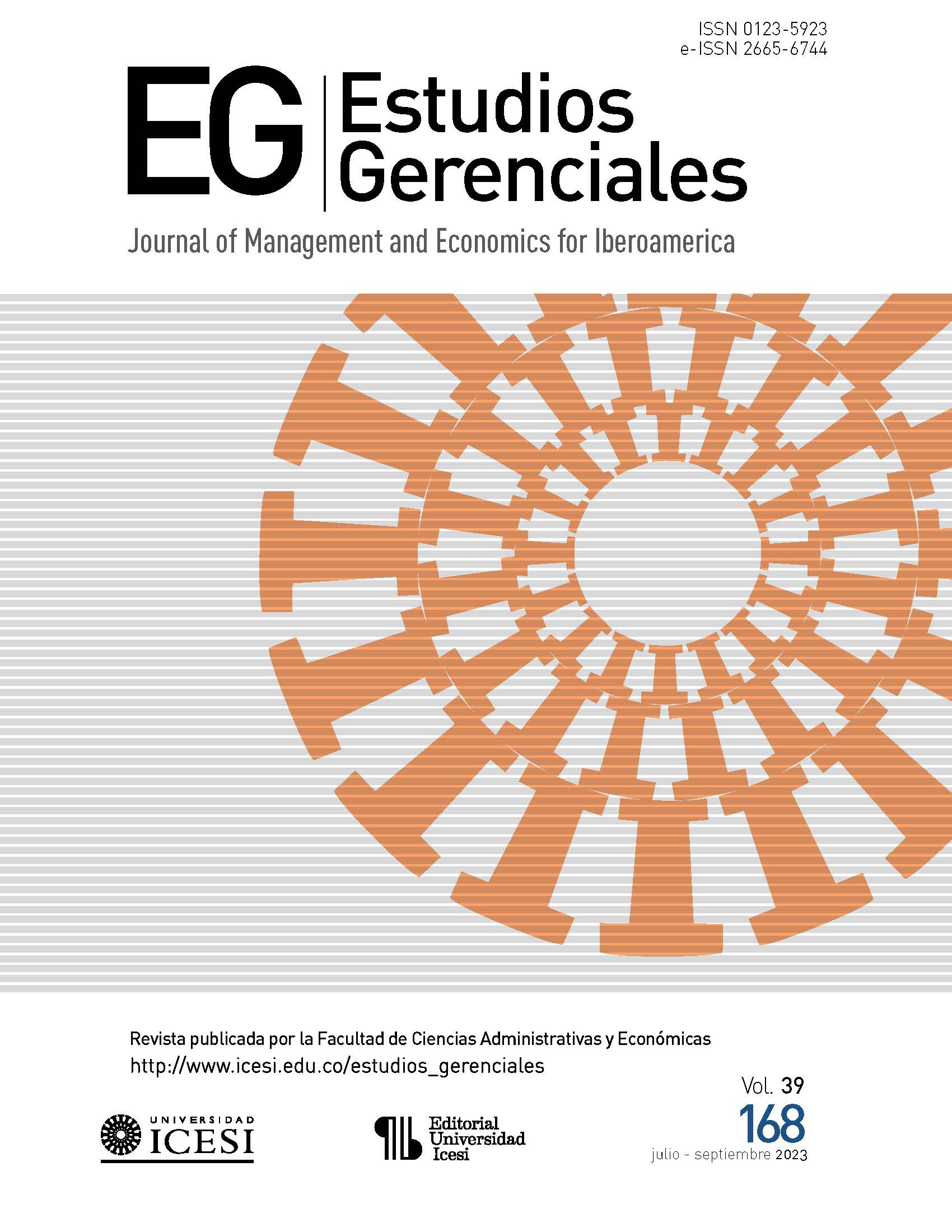Behavioral Beliefs about Acts of Academic Dishonesty: A study with Brazilian accounting students
DOI:
https://doi.org/10.18046/j.estger.2023.168.5925Keywords:
academic fraud, dishonest behavior, studentsAbstract
This study seeks to identify, with the support of the Theory of Planned Behavior (TPB), individual behavioral beliefs that determine academic dishonesty behaviors. Qualitative research was conducted with Brazilian students and revealed their perceptions on academic dishonesty behaviors. According to the results, students perceive that fraud can lead to a better academic performance and less effort or time spent on academic tasks, but it can also result in punishment and embarrassment when it’s perceived by faculty, as well as impair learning and concerns about their future professional performance. The research contributes to the construction of an instrument for collecting and measuring beliefs, which can be considered as a relevant contribution to the literature and to understanding fraudulent behaviors.
Downloads
Downloads
Published
Issue
Section
License
Articles are the sole responsibility of their authors, and will not compromise Icesi’s University principles or policies nor those of the Editorial Board of the journal Estudios Gerenciales. Authors authorize and accept the transfer of all rights to the journal, both for its print and electronic publication. After an article is published, it may be reproduced without previous permission of the author or the journal but the author(s), year, title, volume, number and range of pages of the publication must be mentioned. In addition, Estudios Gerenciales must be mentioned as the source (please, refrain from using Revista Estudios Gerenciales).








